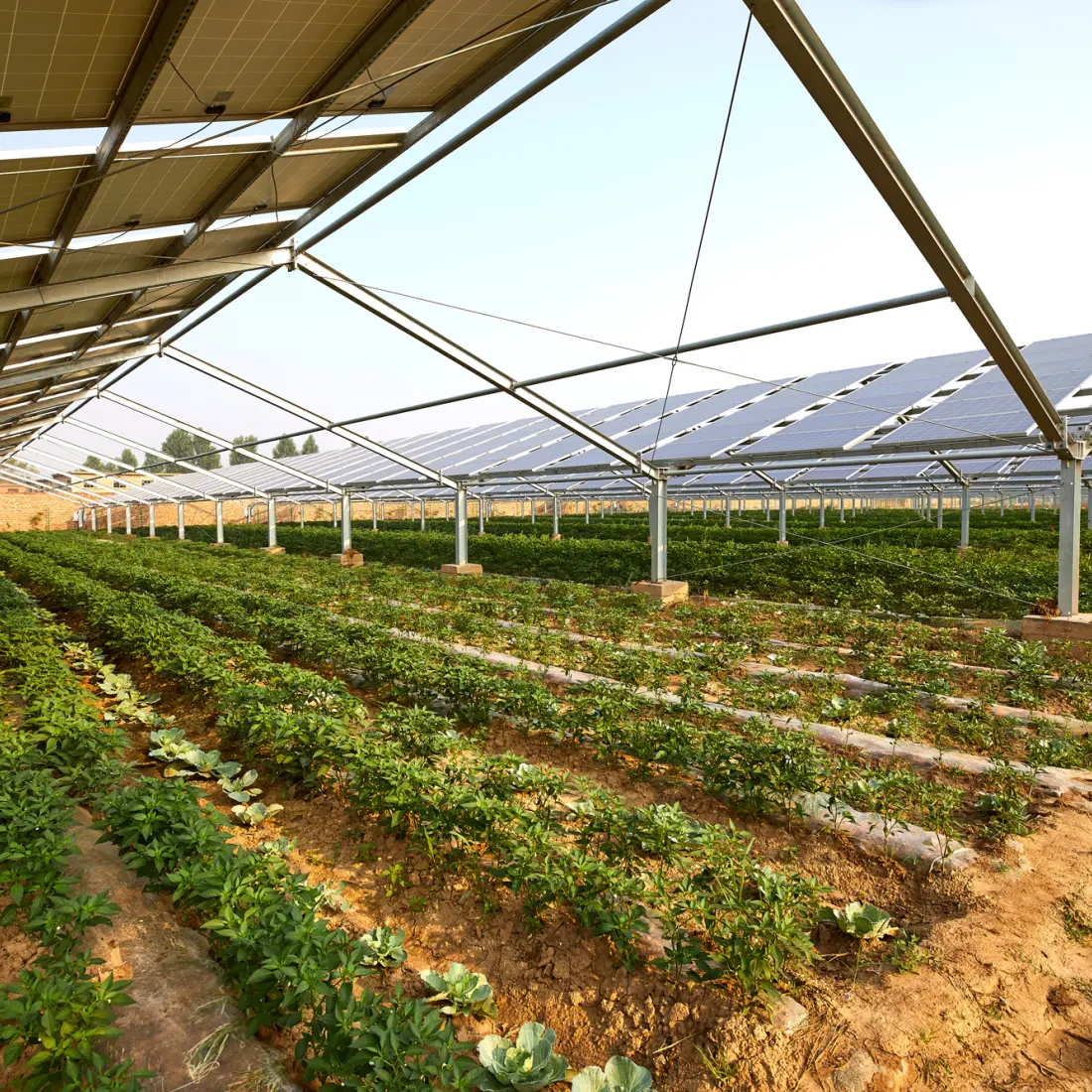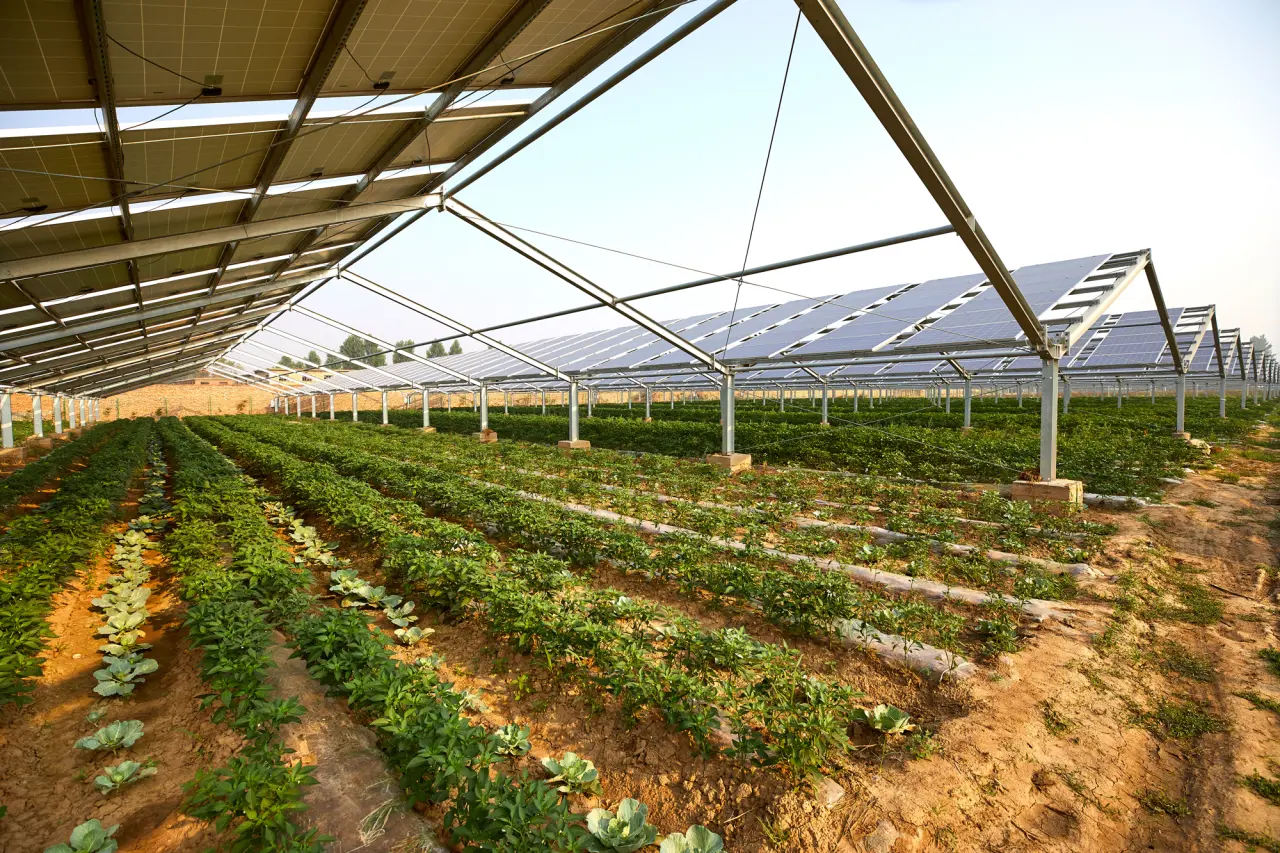How precision agriculture can benefit both businesses and communities


Agriculture is an essential but temperamental industry. A farm's profitability and harvest success often depend on uncontrollable factors. Weather, disease, and other difficult-to-predict factors can impact a harvest, so farmers naturally want to do what they can to maximize their chances of a successful harvest. Precision agriculture is a modern solution meant to combat these problems. As of 2023, 27% of U.S. farms and ranches were using precision agriculture techniques.
Precision agriculture is the use of technology to make farming processes more efficient. Farmers can use data analysis, global positioning satellites (GPS), artificial intelligence (AI) and other technologies that aim to improve farming yield while reducing cost. But how can it benefit businesses and communities? Let's find out in this article.
Benefits for businesses
Precision agriculture techniques offer numerous benefits for businesses. Using sophisticated analysis and data, the practice helps save time and money in numerous ways. It can make existing practices more efficient or enable new practices that offer even more opportunities to enhance a farm’s operations. Many of these new possibilities would be impossible or at least impractical without technology.
Maximizing efficiency
With traditional agriculture methods, entire fields are often treated uniformly, leading to inefficiencies where parts of the field may be over- or under-treated. Farmers can leverage data and technology through precision agriculture to monitor conditions with more granular detail, which can increase efficiency in several ways.
Satellite imagery and drones provide real-time aerial views of fields, helping identify pest infestations and growth patterns. GPS-guided machinery allows more precise planting, fertilizing, and harvesting.
This technology can also help enhance climate-crop resilience through early detection of climate-related stress and adaptation of planting schedules based on climate trends.
Reducing waste
In-field sensor networks can monitor soil moisture and other factors, helping to optimize the amounts of water, fertilizer, and pesticide treatments needed. This can reduce costs and minimize environmental impact by ensuring farmers only use as much as necessary to keep their crops healthy.
Increasing yields
Detailed data helps farmers identify areas requiring more attention, such as additional water or care to eliminate pests. This can lead to more successful crops, with increased yield and — as a result — profitability.
Improving sustainability
By reducing the amount of resources needed for operations, precision agriculture also helps with sustainability efforts. Targeted and measured application of resources like water and fertilizer reduces waste and runoff into waterways. Reduced use of chemicals can minimize harm to beneficial insects and other wildlife.
Solar panels are used for energy in precision agriculture and also power water pumps, sensors, machinery, and other equipment. Solar power reduces dependence on traditional power infrastructure, reducing overall operational costs. This infrastructure may require a significant initial investment, so it’s important to carefully optimize the placement of solar panels using site selection software.
Benefits for communities
Communities often face significant challenges related to agriculture, such as limited access to nutritious, affordable food and environmental degradation. Precision agriculture helps address these challenges while presenting additional benefits.
Providing access to fresh local produce
Precision agriculture allows farmers to optimize crop management, enhancing crop quality and increasing yields. The increased control and ability to monitor for disease and insufficient growing conditions result in higher overall fruit and vegetable quality. This makes it easier and more cost-efficient for farmers to produce and supply fresh food to local markets.
Creating job opportunities
Precision agriculture technology can also lead to additional job creation. This technology takes effort to implement and maintain, creating opportunities to create new positions on the farm. It also allows farmers to open up their operations for tours that showcase and explain their precision farming efforts, which can have a ripple effect on other local businesses.
Promoting sustainable practices
Farms that practice precision agriculture can also help promote environmentally friendly and sustainable farming practices, which benefit the community in numerous ways. For example, reduced use of fertilizers and pesticides means less damage to the community’s soil and water quality.
By adopting these practices, farmers reduce their environmental impact while maintaining or even improving productivity. This helps to align agriculture with community interests, promoting a healthier and more sustainable local environment.

Additional factors to consider
Though precision agriculture is net positive overall, these techniques can present some challenges to implement effectively. The technology requires time, expertise, and a measured approach to ensure that efforts have the biggest impact.
Initial investment costs
Some of the technology used in precision agriculture can require a significant initial investment, making it particularly difficult for small businesses to adopt it. However, the increased efficiency and more judicious use of labor give farmers the potential to save money in the long run.
Governing bodies can help reduce these costs by offering incentives or support for farms to implement precision agriculture practices. The potential to offer high-quality crops with less effect on the environment makes it an important consideration that can benefit a community.
Potential limitations
There can also be risks with adopting new technology. Unforeseen technical problems may arise, and there may be no immediate solution, or support may not be available. For example, large fields may present connection and communication challenges between devices, or systems may have compatibility issues. Precision agriculture also requires careful attention to privacy and cybersecurity to prevent data breaches.
However, if farmers act strategically to mitigate potential issues, the benefits of precision agriculture have the potential to make up for the challenges and initial costs of implementation.